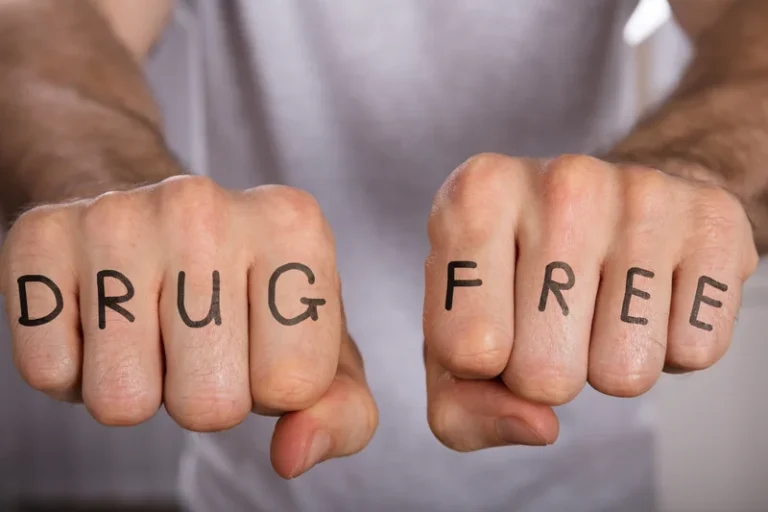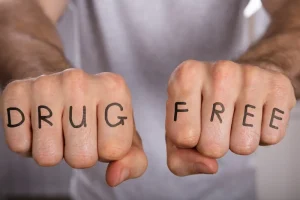
However, once you let go of the need for closure, you free yourself to be present in the moment with your full attention. Living in the moment doesn’t deplete your resources the way that living in the past tends to do. By opening up to the pain that accompanies the loss, you are allowing yourself to feel. Most importantly, don’t keep your grief hidden from those who care about you. Being able to talk about the loss and the hurt you feel opens up the can an addict love you door to invaluable support.
“I Didn’t Become Addicted- Why Did They?” The Causes of Addiction
- As lies accumulate, trust begins to erode, leaving both partners with a sense of betrayal and uncertainty.
- It’s time to take proactive steps toward regaining love, trust, and open communication.
- Your life has undoubtedly been filled with stress and uncertainty as you watch someone you love spiral into addiction.
- If you feel like love addiction might be affecting your personal health or the health of your relationship, talking with a therapist can help you work through your concerns.
This distortion can make it challenging for an addict to connect with others on an authentic and emotionally intimate level. By working together and committing to a healthier, more loving relationship, couples can overcome the challenges of relationships addiction and create a stronger, more fulfilling bond. These co-occurring disorders can complicate an individual’s ability to manage their addiction and elevate the likelihood of relapse. Therefore, addressing co-occurring mental health disorders is critical for successful addiction treatment. Mental health issues can impede the ability to form and sustain relationships, as well as difficulty in expressing and comprehending emotions. This can result in a lack of trust and communication, which can have a negative effect on the capacity for love in a relationship.
Selfishness Takes the Wheel
The codependent person may lose their sense of self and become increasingly unhappy, while the addicted person may continue to use substances or engage in other self-destructive behaviors. The cycle of codependency in substance abuse relationships is a destructive pattern between the addict and their loved ones. Codependency occurs when the loved one becomes overly reliant on the addict, enabling their addictive behaviors while neglecting their own needs. The breakdown of trust and communication is a common consequence of substance abuse in relationships. Substance abuse leads to lying, secrecy, and broken promises, causing the trust to crumble.

Neglecting Personal Growth
- How else might “being in love” be taken to differ from being addicted to certain drugs?
- It is important to recognize these behaviors and prioritize safety and self-care.
- If a person is a drug addict, the effect will always be felt by those around them.
- Attending a couples therapist with your partner can be a safe space to learn how to set boundaries and use clear communication techniques.
- If you’re living with an addict, you probably have more than a few horror stories to share.
However, these considerations do not entail that love addiction, food addiction, and drug addiction are different in kind. One way to begin to understand love-related behaviors of this “destructive” type is to use the framework of process addiction (Sussman 2010; Timmereck 1990). Process addiction—as opposed to substance addiction—typically refers to an obsession with certain activities such as sex, spending money, eating, or gambling.


Communicating this change in your behavior with your partner so they know what your motivations are can help maintain a healthy bond. And if you’re having trouble putting your emotions into words, couples counseling can also be a good option. When someone is chronically addicted to drugs or alcohol, their focus and energy often revolve around obtaining and using substances. This can lead to neglect, emotional distance, and a lack of emotional connection with others, including a romantic partner or family member.
Breaking Free from Relationship Addiction

In Western society, we hold love—or even just falling in love—in very high esteem. To speak of romantic passion and destructive drug use in the same breath might only serve to conjure images of punishing people for falling in love, stigmatizing them, or forcing them out of their lover’s arms and into a treatment program. We do agree that these would be inappropriate, and even dangerous ways to treat people who are suffering from a harmful sort of love or love gone bad. The most common form of therapy used to treat addiction is cognitive-behavioral therapy (CBT). With CBT, the therapist helps the person uncover and cope with causes and triggers for addictive compulsions and behaviors. Although more common in romantic relationships, love addiction can occur within families, in friendships, and even with strangers.

Recent Comments